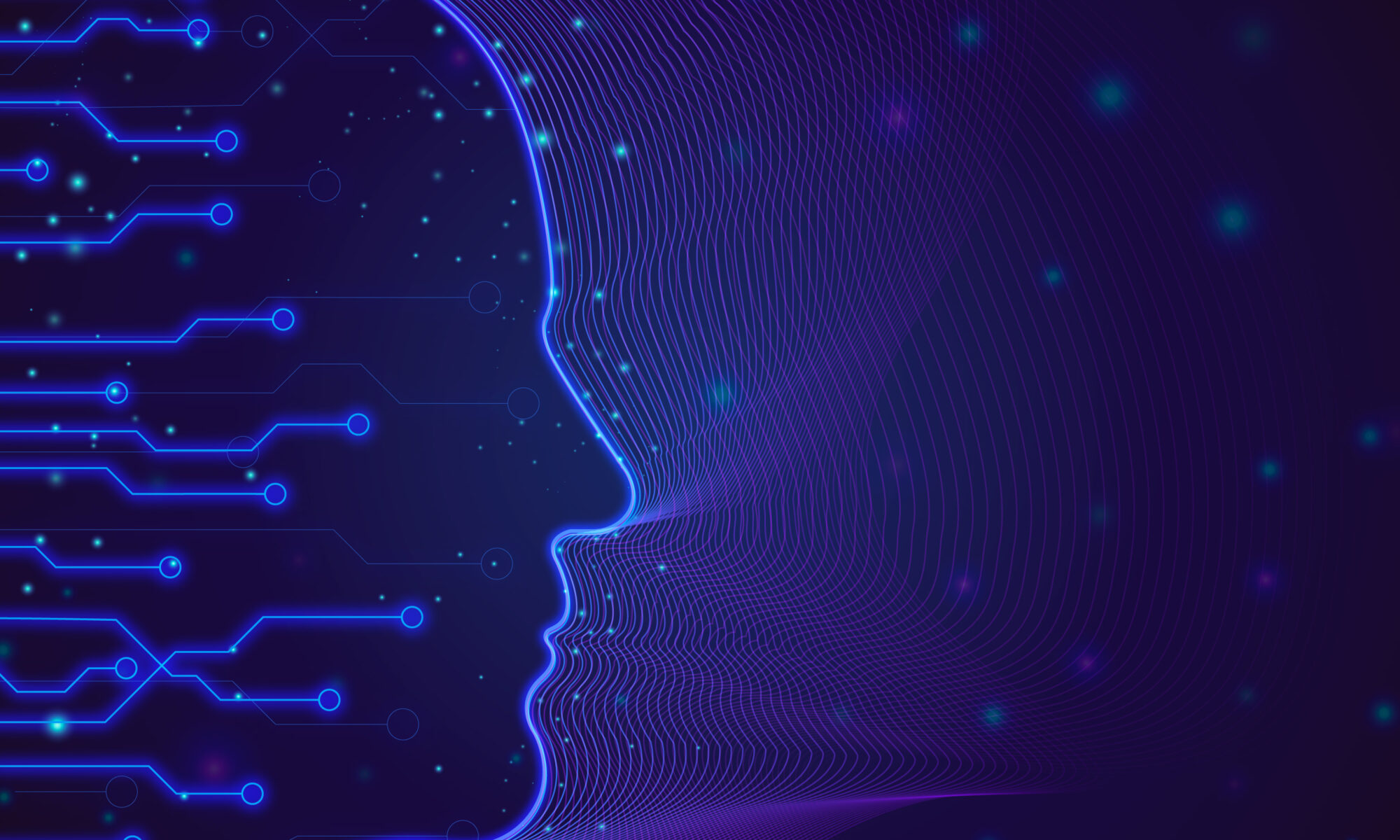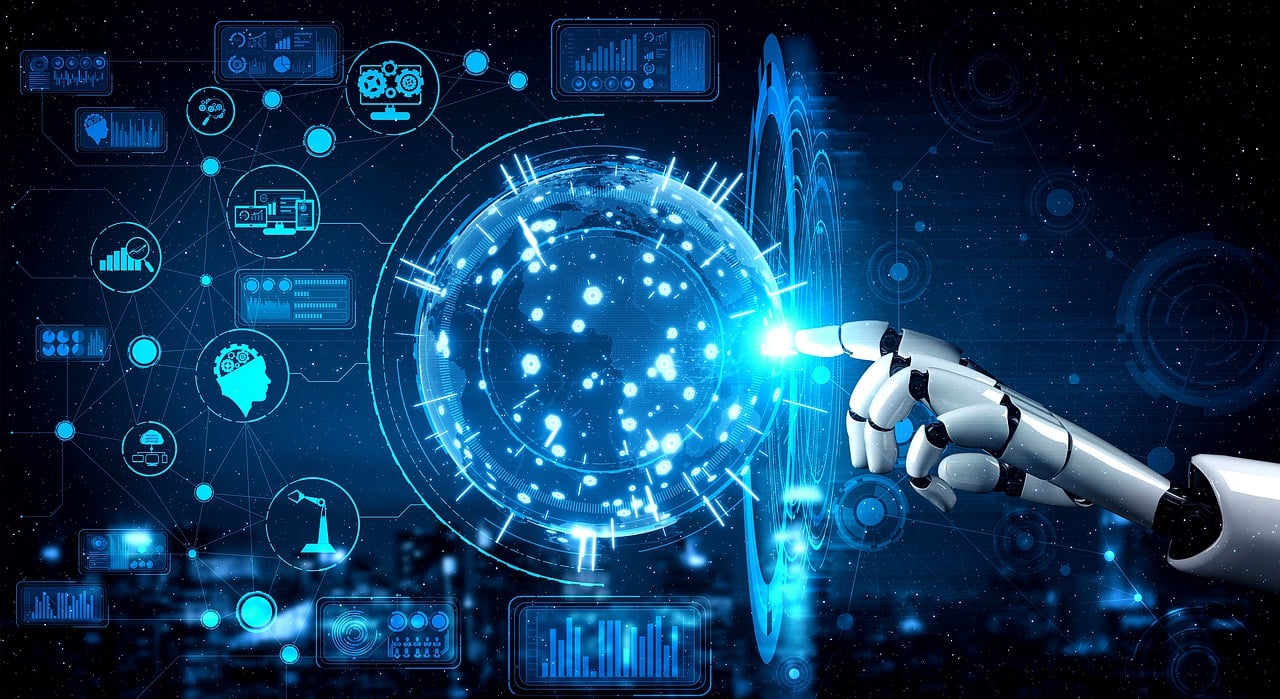Artificial Intelligence has transformed industries in the past few years, but 2025 marks a turning point for Generative AI (GenAI). From creative content to enterprise automation, the technology is no longer just experimental—it has become a mainstream growth driver for businesses, creators, and professionals worldwide.
At GenAI99, we believe this is the year when Generative AI goes from “future tech” to “everyday essential.”
- The Rise of No-Code/Low-Code AI Platforms
In 2025, businesses don’t need large technical teams to leverage AI. No-code and low-code platforms now allow non-programmers to create AI-powered solutions quickly. This shift democratizes AI, enabling startups, educators, and small businesses to compete at scale.
SEO Tip: More people are searching for terms like “AI without coding” and “low-code AI tools.”
- Personalized AI for Every Industry
From healthcare and finance to education and manufacturing, Generative AI is becoming industry-specific. Tailored models can now understand specialized data, delivering smarter insights and more accurate results. For example:
- Healthcare: AI assists in patient care simulations.
- Finance: Smarter risk analysis and fraud detection.
- Education: Personalized learning paths for students.
- AI-Powered Creativity at Scale
In 2025, content creation with AI is faster, sharper, and more human-like. Brands are using AI to:
- Generate social media content.
- Write marketing copy.
- Design videos, images, and even music.
But it’s not about replacing humans—it’s about enhancing creativity and saving time.
- Responsible & Ethical AI Becomes Non-Negotiable
As AI adoption grows, so does the focus on ethical use, data privacy, and transparency. Organizations that implement responsible AI policies are earning consumer trust, while careless usage risks reputational damage.
In 2025, learning how to use AI responsibly is just as important as learning how to build with it.
- Upskilling with Generative AI
One of the biggest opportunities in 2025 is career growth through AI skills. Employers now expect professionals across industries to understand and leverage AI. Whether you’re in marketing, design, IT, or management, AI fluency has become a must-have skill for career advancement.
That’s why GenAI99 offers hands-on programs to help individuals and businesses master Generative AI with real-world applications.
Final Thoughts
2025 is not just about using AI tools—it’s about integrating AI into daily workflows, decision-making, and innovation strategies. Those who adapt quickly will lead the future.
At GenAI99, our mission is to make Generative AI accessible, practical, and impactful for everyone. Whether you’re a student, professional, or business owner, this is the right time to embrace Generative AI and unlock new opportunities.


